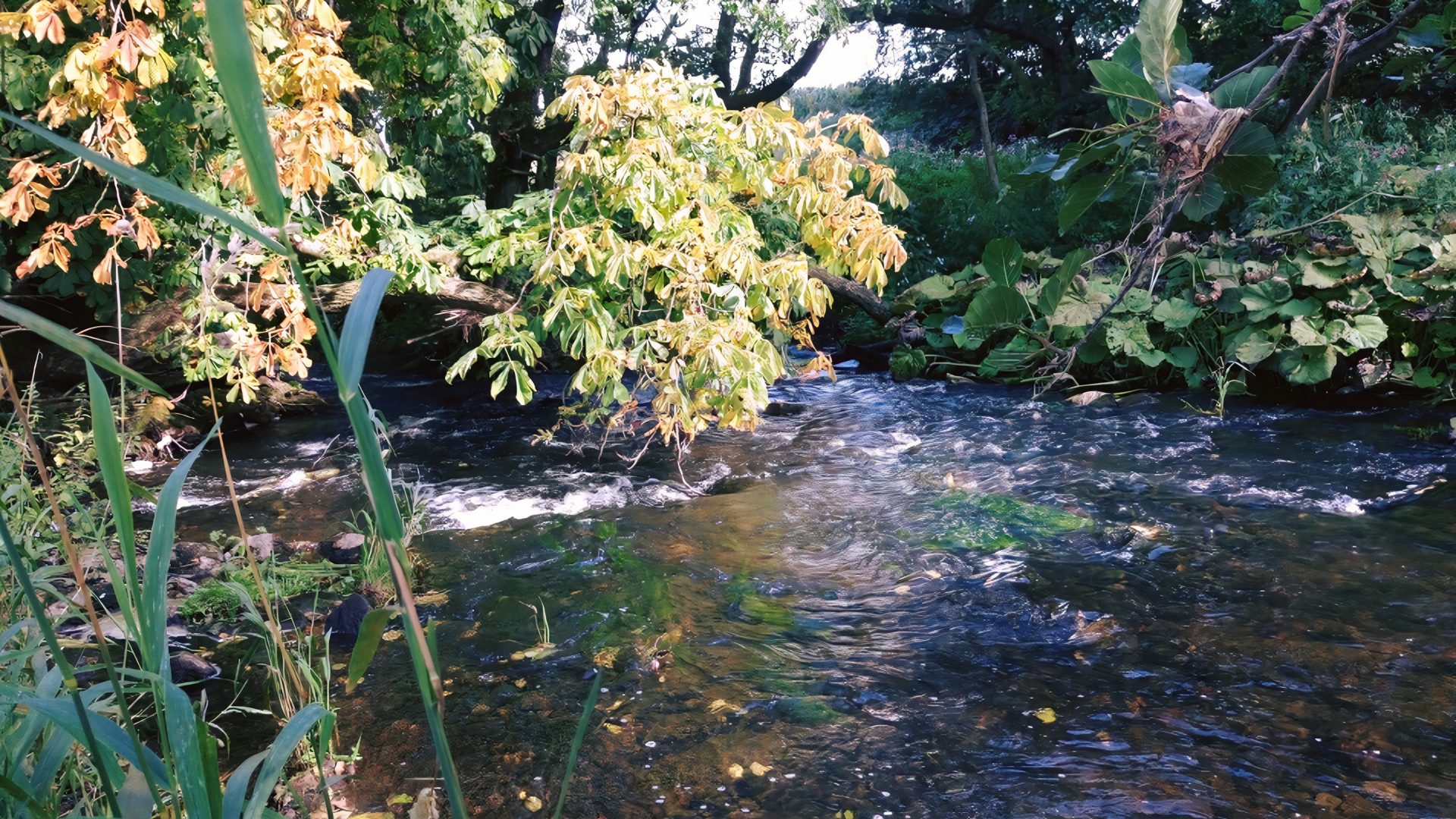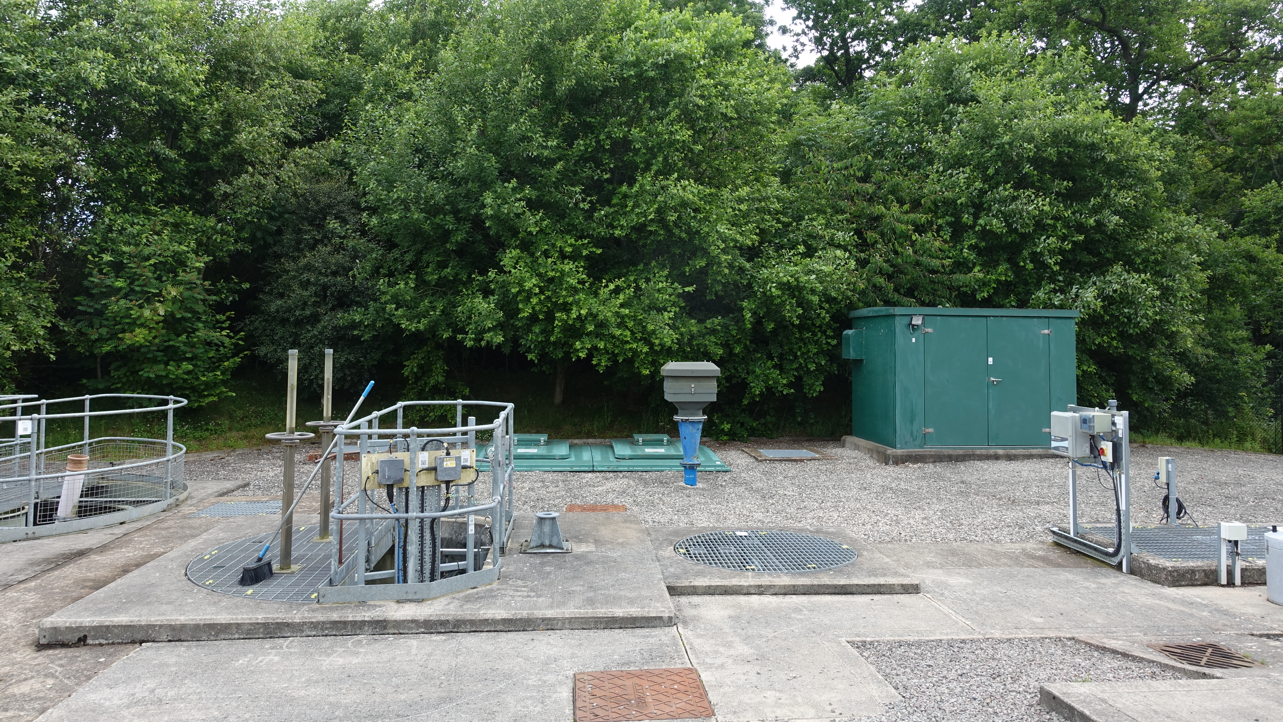
With river health, key to environmental improvement in the UK, Dr. Nalika Rajapaksha, Integrated Catchment Strategy Manager from United Utilities says collaboration with partners across the North West is key to creating improvement.
In 2016, the River Petteril was identified as a problem area, in desperate need of a solution which could allow it to reach a “good” ecological level.
Facing several environmental pressures, the local ecology is impacted by phosphorous and nitrate pollution that is caused by everything from decentralised systems like septic tanks to agricultural and land management sources to storm or flood overflows.
United Utilities enlisted the Environment Agency, the Eden Rivers Trust and local stakeholders to carry out a 17-week catchment wide monitoring survey to look into how a solution could be found.
The survey revealed that in order to positively impact the amount of phosphorus in the River Petteril, we needed to not only look at our own processes but also work alongside partners and fellow contributors to transform the ecological status of the river through a catchment-wide approach.
A new way forward
Based on the evidence collected, we understood that we had to tackle the problem in a new way.
Taking into account the dynamic nature of the catchment, how pollution into the River Petteril is driven by multiple sources and how it is exacerbated by storm and flooding events, a new collaborative approach was born.
We started to apply the Catchment Systems Thinking Strategy (CaST) in the Petteril, with the aim of working with others to address specific catchment needs in a more sustainable and holistic way.
What has that approach delivered?
- The UK’s first Catchment Nutrient Balancing (CNB) permit at the Calthwaite Wastewater Treatment Works on the River Petteril
As a result, the UK’s first CNB trial was initiated at Calthwaite wastewater treatment works in 2019. This aimed to remove 150kg of phosphorus load through integrated catchment and treatment works solutions – with the aim of 9% reduction in phosphorus in the catchment area.
We implemented innovative polonite reactive filter media as an alternative to traditional phosphorus treatment technology. We then added wider catchment measures included hedges, buffer strips and sediment ponds delivered at farm level to reduce agriculture contribution alongside.
The trial saw United Utilities work with other sectors such as agriculture, businesses, and environmental NGOs, to deliver greater value for customers, communities, and the environment – beyond regulatory obligations.
The three-year trial proved to be a success. In 2022, it achieved a 63% reduction in the phosphorus level in the catchment, according to measured data. Phosphorus treatment at Calthwaite Wastewater Treatment Works had a significant impact on overall phosphorus load reduction. The catchment impact, however, was six times greater when wider catchment measures were deployed.
This evidences the enhanced benefit that can be achieved with an integrated catchment approach that addresses all sources of pollution within the catchment, rather than focusing on a one-size-fits-all solution.
These catchment interventions have also delivered significant additional ecological benefits though the reduction of nitrate, sediments, nitrous oxide, and bacterial load. They have also delivered wider biodiversity benefit and overall soil quality enhancement.
- Innovative partnership-based working
Collaboration with stakeholders has been key to the success of the trial. United Utilities engaged with a wide range of partners in the catchment. Eden Rivers Trust, Carlisle City Council; Cumbria County Council; Lancaster University; Natural England’s Catchment Sensitive Farming; The National Farmers Union, the Environment Agency, 3Keel, Nestle and First Milk Ltd were all involved, making joint decisions through co-creation and co-delivery of interventions.
This has included:
- Establishment of the Petteril Steering Group made up of multi-sectorial collaboration, to oversee the pilot and establish the primary needs for future investment in the catchment.
- A long-term vision for the Petteril, with the concept of a resilient catchment where the environment and communities can thrive.
- Carrying out a survey in the Petteril asking those in the community exactly what they wanted to see in their catchment.
- In collaboration with Nestle, piloting nutrient trading and catchment markets through demand-led models (Landscape Enterprise Networks) to deliver joined-up investment in the catchment.
- Evidence-driven monitoring and investigations to understand the key nutrient pollution issues and sources in the catchment.
- Gathering annual data to give better insights on how the actions delivered have resulted in visible improvements.
- £13.5 million has been invested by United Utilities to achieve greater environmental outcomes for the area.
We’re looking to looking to expand the CNB approach across the wider Eden catchment. We hope that the benefit from this collective approach can be replicated and amplified and are looking to deliver 1000kg a year phosphorus reduction across the Eden catchment area by Spring 2025.
Ultimately, through creating strong partnerships and bringing forth innovative ways of thinking, United Utilities is committed to working alongside the farming community and its stakeholders to transform the health of the River Petteril – creating a healthier river for all to enjoy.




